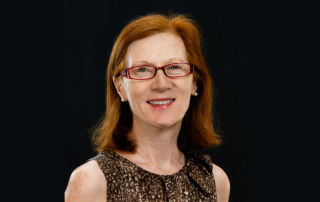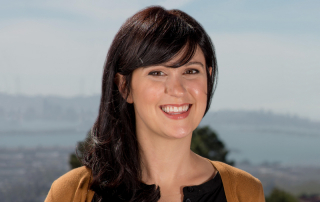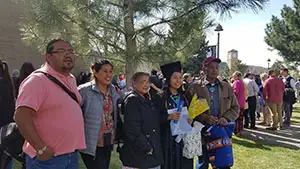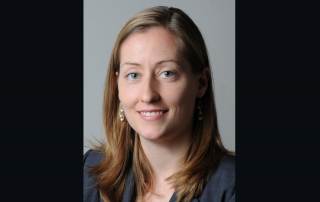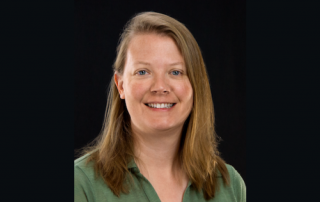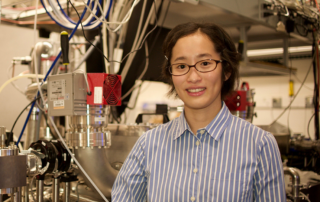New Buff Innovator Insights podcast to spotlight faculty innovators
The first episode of the inaugural season of Buff Innovator Insights, a new podcast from the Research & Innovation Office (RIO), will premiere on Thursday, March 18. The podcast will offer a behind-the-curtain look at some of the most ground-breaking innovations in the world—all emanating from the CU Boulder campus—along with the personal journeys that made those discoveries possible. Terri Fiez, Vice Chancellor for Research & Innovation, hosts this up-close and personal look at how researchers, scholars and artists become global pioneers, why they are so dedicated to discovery, and their visions of the future in the wide range of fields they explore.
Airing Thursday, March 18: Margaret Murnane–JILA; Physics; STROBE Science & Technology Center
In the first episode of Buff Innovator Insights, we meet Dr. Margaret Murnane, CU Boulder professor of physics and one of the world’s leading experts in ultrafast laser and x-ray science. Join us to learn about her improbable journey from growing up in the Irish countryside to developing the microscopes of the future and cultivating the world’s next generation of physicists.
